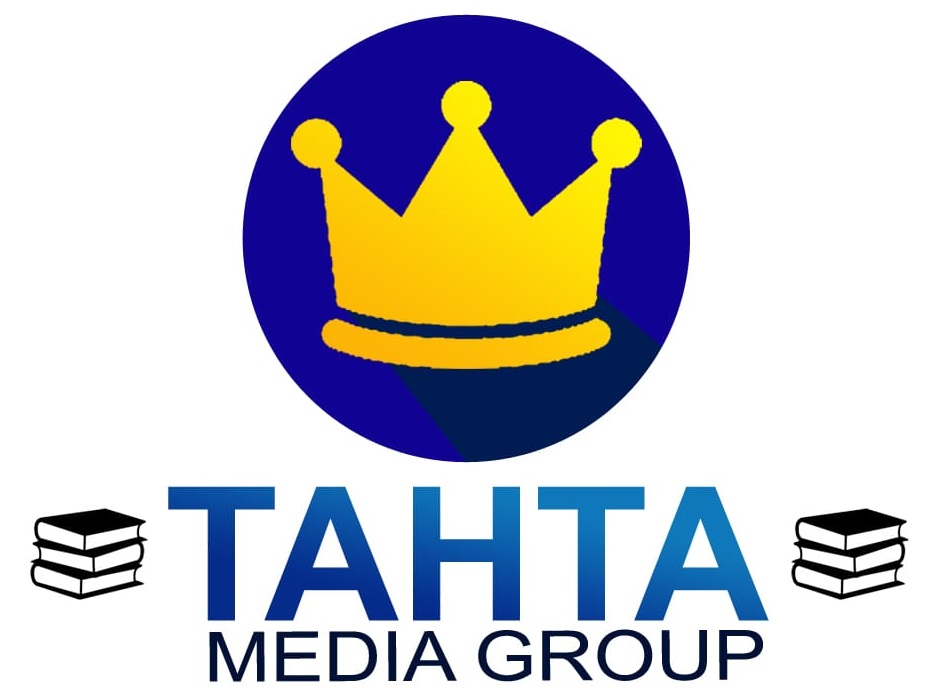LITERARY-BASED ELT: ALTERNATIVES FOR CREATIVE AND INNOVATIVE ENGLISH LEARNING
Pemesanan Juga dapat melalui :
Detail Produk
JUDUL: LITERARY-BASED ELT: ALTERNATIVES FOR CREATIVE AND INNOVATIVE ENGLISH LEARNING
PENULIS: Dr. Olga A. Rorintulus, M.A., M.Hum | Dr. Ceisy N. Wuntu, M.Hum
Devilito P. Tatipang, M.Pd | Yofri Karisi, S.Pd
Leni Kicha, S.Pd | Sulfany Tineh, S.Pd
Agustinus Nai Aki, S.Pd | Geral Pratasik, S.Ag
SINOPSIS:
"Literary-Based ELT: Alternatives for Creative and Innovative English Learning" heralds a paradigm shift in English Language Teaching, advocating for a departure from conventional methods towards a more dynamic and immersive approach. The book unfolds a compelling narrative, asserting that literature, often relegated to the periphery of language instruction, should stand at the forefront of the educational landscape. In essence, it posits that literature is not just a reservoir of words but an immersive experience that facilitates a holistic understanding of language, culture, and human expression.
The central theme of the book revolves around the transformative power of literature in language learning. By tapping into the vast reservoir of literary works, educators and learners can break free from the monotony of rote memorization and prescribed language patterns. The book argues that literature, encompassing a wide array of genres and styles, provides an authentic context for language acquisition, allowing learners to navigate the complexities of real-world communication. Classic novels, contemporary poetry, and culturally diverse short stories become more than mere linguistic exercises; they become windows into the human experience, fostering empathy, critical thinking, and a nuanced understanding of diverse perspectives.
The practical dimension of "Literary-Based ELT" is equally emphasized, offering educators a comprehensive toolkit for seamlessly integrating literature into their teaching practices. The book presents an array of innovative activities, lesson plans, and pedagogical strategies that aim to make the literary-based approach accessible and engaging for both teachers and learners. From group discussions on timeless Shakespearean sonnets to multimedia projects interpreting modern novels, the book guides educators in creating vibrant, literature-infused classrooms. It champions the idea that literature is not a supplementary component but an integral catalyst for language development.
In conclusion, "Literary-Based ELT" is a manifesto for a more vibrant, enriching, and culturally nuanced approach to English language learning. By embracing literature as the cornerstone of language education, this book envisions classrooms where language transcends its utilitarian function, becoming a conduit for creativity, critical thinking, and a deeper appreciation of the human experience. The new direction it advocates promises not only linguistic proficiency but also a broader, more profound engagement with the beauty and diversity inherent in the English language. As educators and learners embark on this literary journey, they are invited to explore the transformative potential of literature in shaping not only language skills but also fostering a lifelong love for learning and an enriched understanding of the world.







